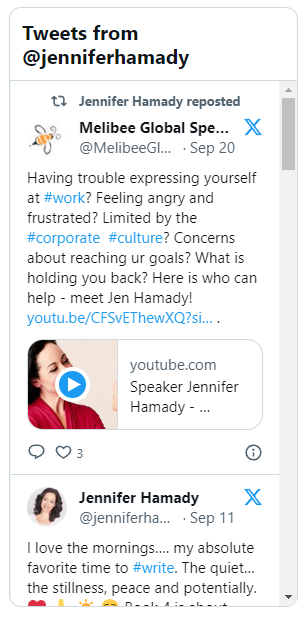I was recently interviewed by a counseling graduate student at New York University about my work and, specifically, the therapeutic aspects of my practice. I hope you find our conversation interesting.
Please describe the work that you do and the setting in which you do it. For example: Who are your clients?
I am a therapist, as well as a voice and performance coach, in private practice. I work with a range of clients, including professional performers and speakers, corporate executives, creative types, and others on the technical and emotional issues that interfere with self-expression and communication.
What is your theoretical orientation with these clients?
Given that my therapeutic works extends into the performance realm, the best way to describe my theoretical orientation is eclectic. A bit more specifically, I’d add that I tend toward the cognitive behavioral, psychodynamic, exposure therapy, and the ontological.
What do you see as the pluses and minuses of your current position?
I love my work and happily, find few minuses. I do find that working one-on-one in private practice doesn’t allow for clients to be in community with others, which is an important part of both therapeutic and performance work. I handle this by giving voice and performance master classes, as well as public speaking and expression workshops, at least 8 times a year so that people can bring their learning– and concerns and fears– to a group and work through those issues in public and with others.
What do you see as the pluses and minuses of the field of mental health counseling?
Where do you see as your work trajectory?

